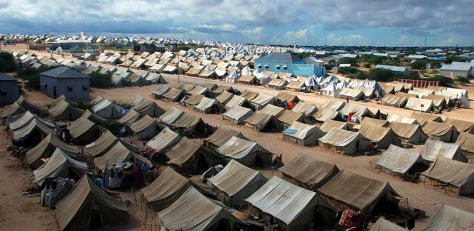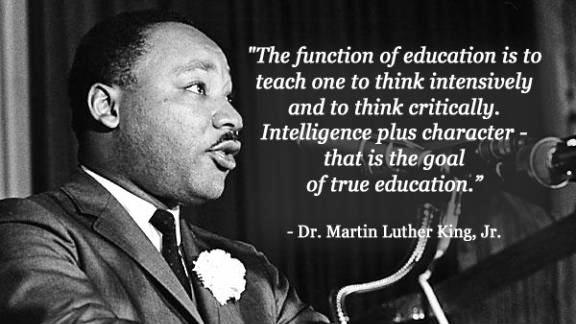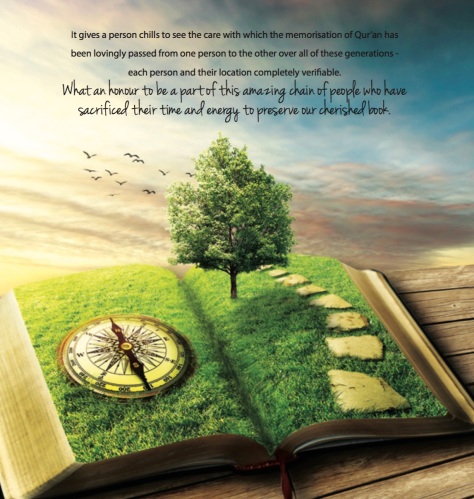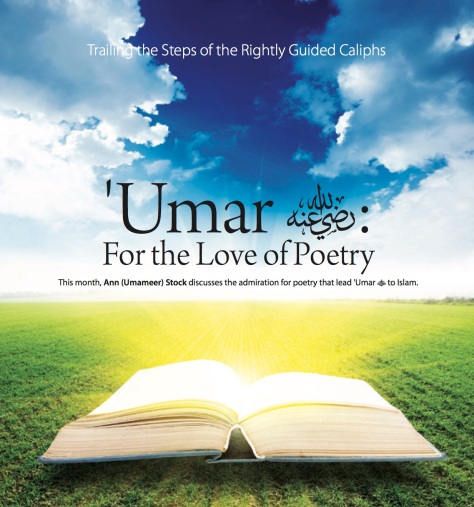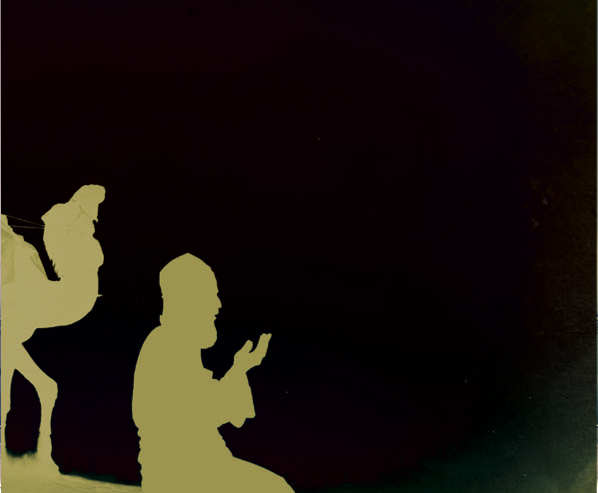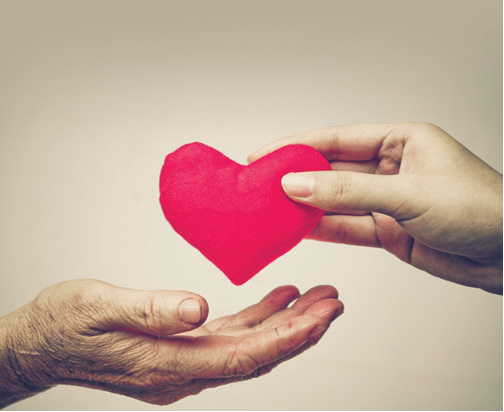
And a few of those Sabiqun (foremost) will be from the later generations. (Al-Waqi’ah:14) Race to do good deeds every day, big or small, and maybe, insha Allah تعالى, this ayah will be about you!
Umar رضي الله عنه stopped and surveyed the activity of the market place, taking care to leave space for the servant girls he brought to pass by him. Waiting for them at the entrance were burlap bags filled with beans, barley, red lentils and saweeq (ground wheat and barley used to make porridge).
Busy merchants weighing out their items added the clank of their scale pans to the backdrop of buzzing voices. The cries of dealers, highlighting their special offers, rose up to pierce the monotone hum. The fabric vendors displayed an array of silk and cotton fabrics from faraway places. Dotted around the market were carts carrying dried fruits, dates and local vegetables piled high in pyramid shapes. The servant girls merged into the flow of shoppers.
The hustle and bustle of the market temporarily attracted everyone’s attention away from the spiritual. However, when the merchants saw Umar رضي الله عنه approaching, they were reminded that they were being watched, not only by Allah تعالى, but also by His servants on the ground.
Despite the cool breeze which twisted its way through the crowds, sweat beads formed on the sellers’ foreheads. They gulped and gave big, wide eyed smiles as they gave their salams to Umar رضي الله عنه when he passed. Being familiar with the market and the potential for merchants to charge too much, Umar رضي الله عنه reviewed the purchases of each of the servants, carefully making sure no one was overcharged for goods they bought. Many wives of the Mujahiddin had to manage with the monthly stipend from the Muslim Treasury; he wanted to make sure they got their money’s worth. When anyone was short on money, he would pay from his own pocket.
Market prices weren’t Umar’s only concern. These servants served the families of the Mujahiddin who were fighting for Allah’s sake in battle. He knew the greatest deed a Muslim could do is put their life on the line for Allah تعالى so he took it upon himself to help their families back home.
Messengers arrived at regular intervals from the front lines with pouches filled with messages for Umar رضي الله عنه from the commanders and letters from the soldiers to their families. The messengers went straight to Umar’s house upon arriving. He was among the few Makkans who knew how to read and write. After he read his own messages, Umar رضي الله عنه got up to escort the messenger to each house where a letter was being delivered.
Umar رضي الله عنه stood next to the door. “Your husband is away, fighting in the way of Allah and you are living in the lands of the Messenger of Allah صلى الله عليه و سام . If you have someone who can read for you, then that is fine; otherwise come closer to the door so that I can read your letter for you,” he said as he looked away. The women were told that the messenger would be leaving in a few days, so they should start preparing their letters. Knowing that few of them could write, Umar رضي الله عنه offered his services to transcribe their letters for them.
As Khalif, Umar رضي الله عنه could have assigned someone else the task of looking after the families of the soldiers or writing their letters. He could have sent one of his household to clean the house of an old blind women. She herself didn’t know that Umar رضي الله عنه was the mysterious stranger who showed up every day to clean. Umar رضي الله عنه and the other Sahabah raced to do good deeds. They were the first to embrace Islam and they strove to be foremost (Sabiqun) by performing righteous deeds.
And those foremost (Sabiqun) will be foremost (in Paradise). These will be the nearest (to Allah تعالى). In the Gardens of Delight (Paradise). A multitude of those (foremost) will be from the first generations (who embraced Islam). (Al-Waqi’ah:10-13)
The sahabah jumped on every opportunity to do good because they understood and believed in what the Qur’an told them with a conviction that enveloped their heart. That is faith. Real sincerity is performing a good deed while totally devoted to the Creator: the One who always appreciates and accepts good deeds done for His sake in the manner the Prophet صلى الله عليه و سام showed us.
Umar’s competitor for doing good deeds was Abu Bakr رضي الله عنه. Umar رضي الله عنه had a desire to be better than Abu Bakr رضي الله عنه at least once in terms of good deeds. On one occasion, the city of Madinah was all abuzz with preparations to fight the Romans at the battle of Tabuk. It was a huge expedition and it needed financing. Umar رضي الله عنه thought he had finally found his chance. Abu Bakr رضي الله عنه was not doing well financially and Umar had extra wealth, so he went straight to the Prophet صلى الله عليه و سام to offer what he had. He walked full-stride with a pleased look on his face as he carried his sack of valuables down the road. He presented the Prophet صلى الله عليه و سام with his bundle. Quite pleased, the Prophet صلى الله عليه و سام “What did you leave for your family?” “An Amount that is similar to this amount,” He said as he raised his eyebrows and smiled.
Abu Bakr رضي الله عنه walked into the room and found Umar رضي الله عنه and the Prophet صلى الله عليه و سام engaged in conversation. He had a small parcel with him which he presented to the Prophet صلى الله عليه و سام . The Prophet صلى الله عليه و سام asked him, “What did you leave for your family?”
I left for them Allah and His Messenger Abu Bakr رضي الله عنه replied. The Prophet صلى الله عليه و سام smiled at Umar رضي الله عنه whose mouth was gaping. “I will never outdo you in anything,” he said with a chuckle. While Umar رضي الله عنه had given half his wealth, Abu Bakr رضي الله عنه had given all of his. It did not matter if what he gave was less in quantity.
Perhaps you feel you cannot compete with the sahabah, but Allah تعالى did not reserve this honour only for those at the beginning of Islam. Allah تعالى points out in the following ayah:
And a few of those (foremost) will be from the later generations. (Al-Waqi’ah:14)
Everyone has something they can contribute to the community, something they do well. You may be a great cook so make a meal for the sister who just gave birth. You may be a good childminder or a great teacher of maths so help the local homeschooling group. You may be a doctor or a nurse, so help out at the homeless shelter. You may be a good companion and a great listener so help out at a local retirement home, or you may simply find your neighbour needs help with her bags. It doesn’t matter what you have to give or how much you have. All we have to do is make the good intention to make our good deeds for Allah’s sake. Race to do good deeds every day, big or small, and maybe, insha Allah تعالى, this ayah will be about you!
The complete article appeared in issue 68 of Sister’s Magazine available here http://www.sisters-magazine.com Click here Umar to continue reading the story and to view the PDF of the original article

